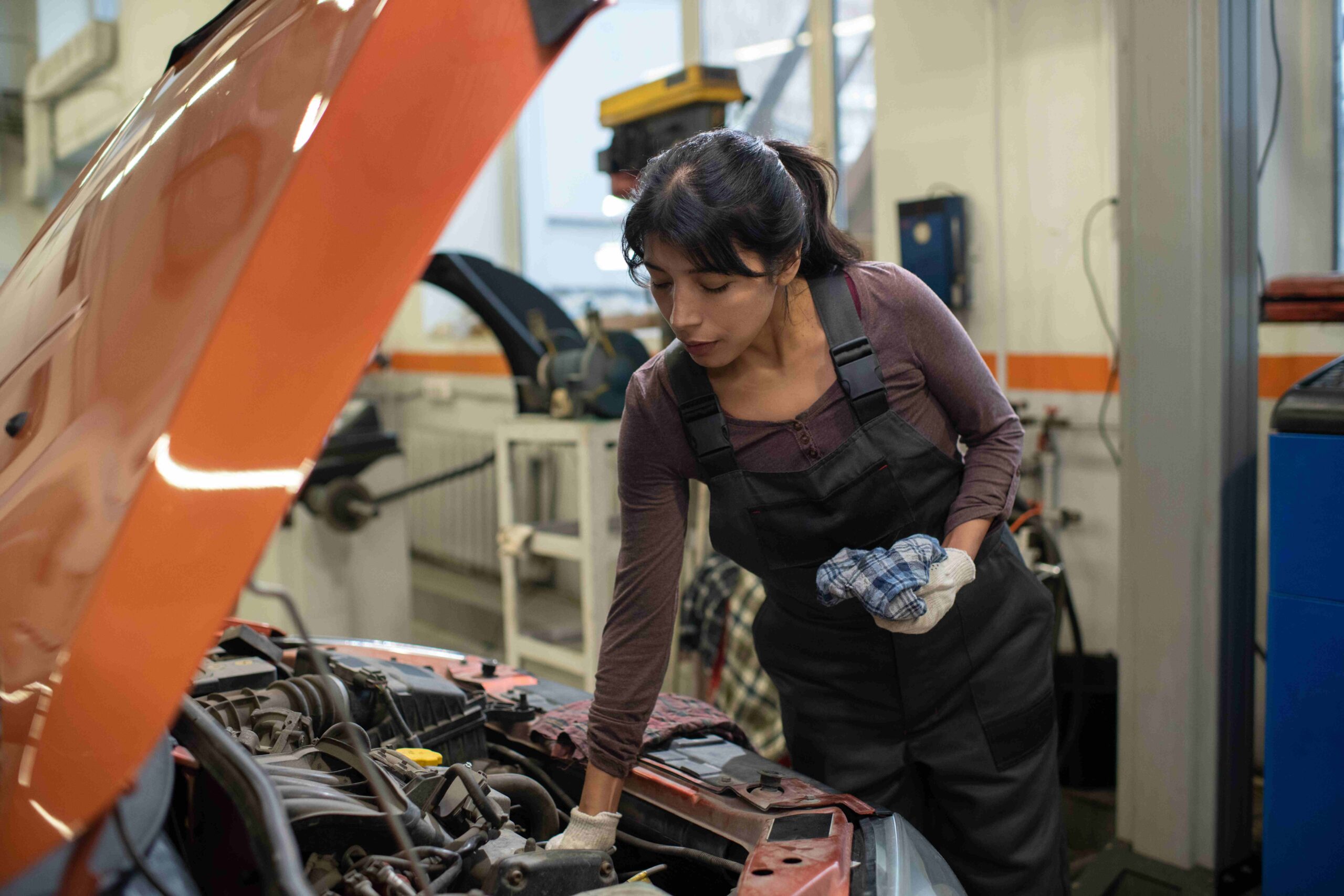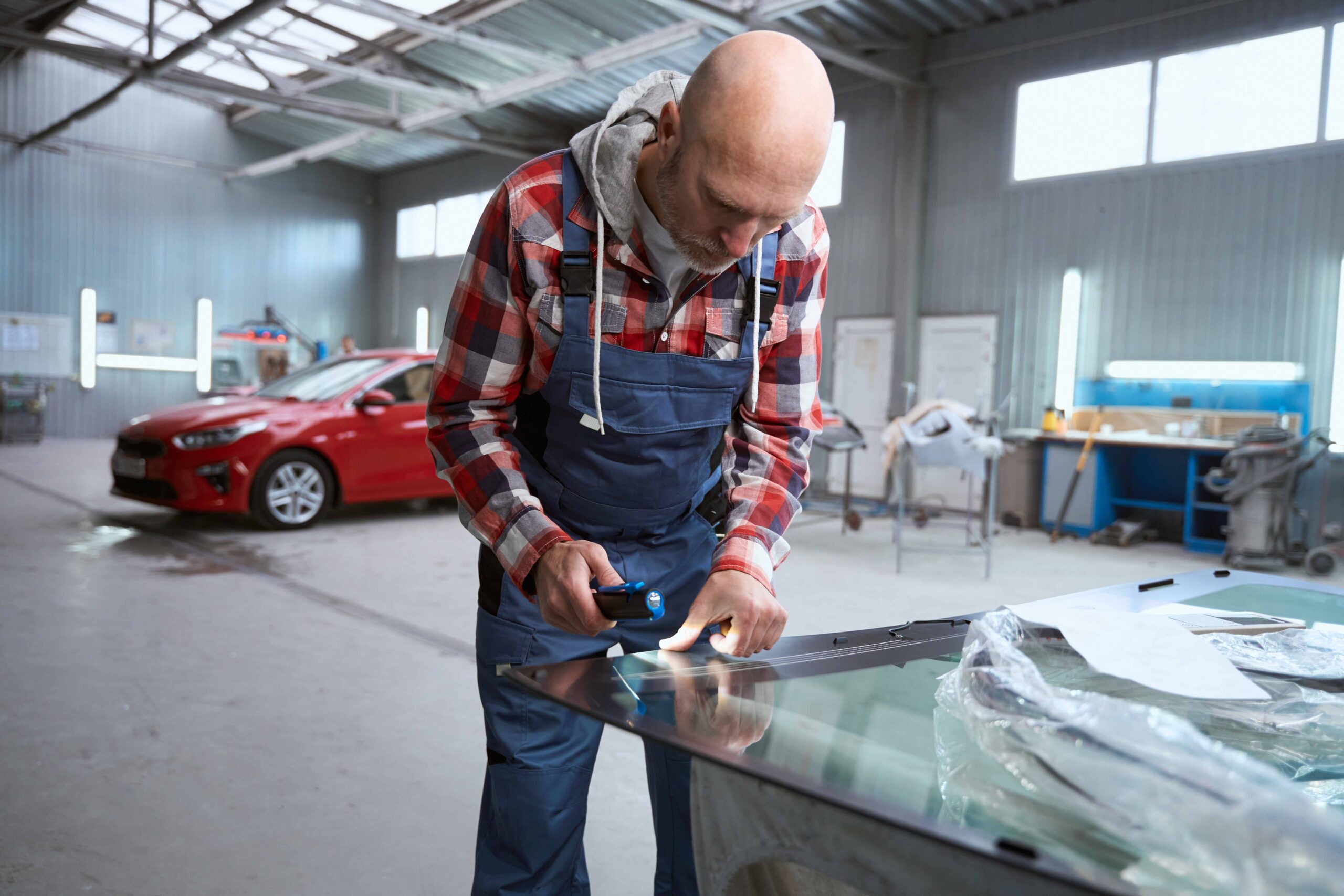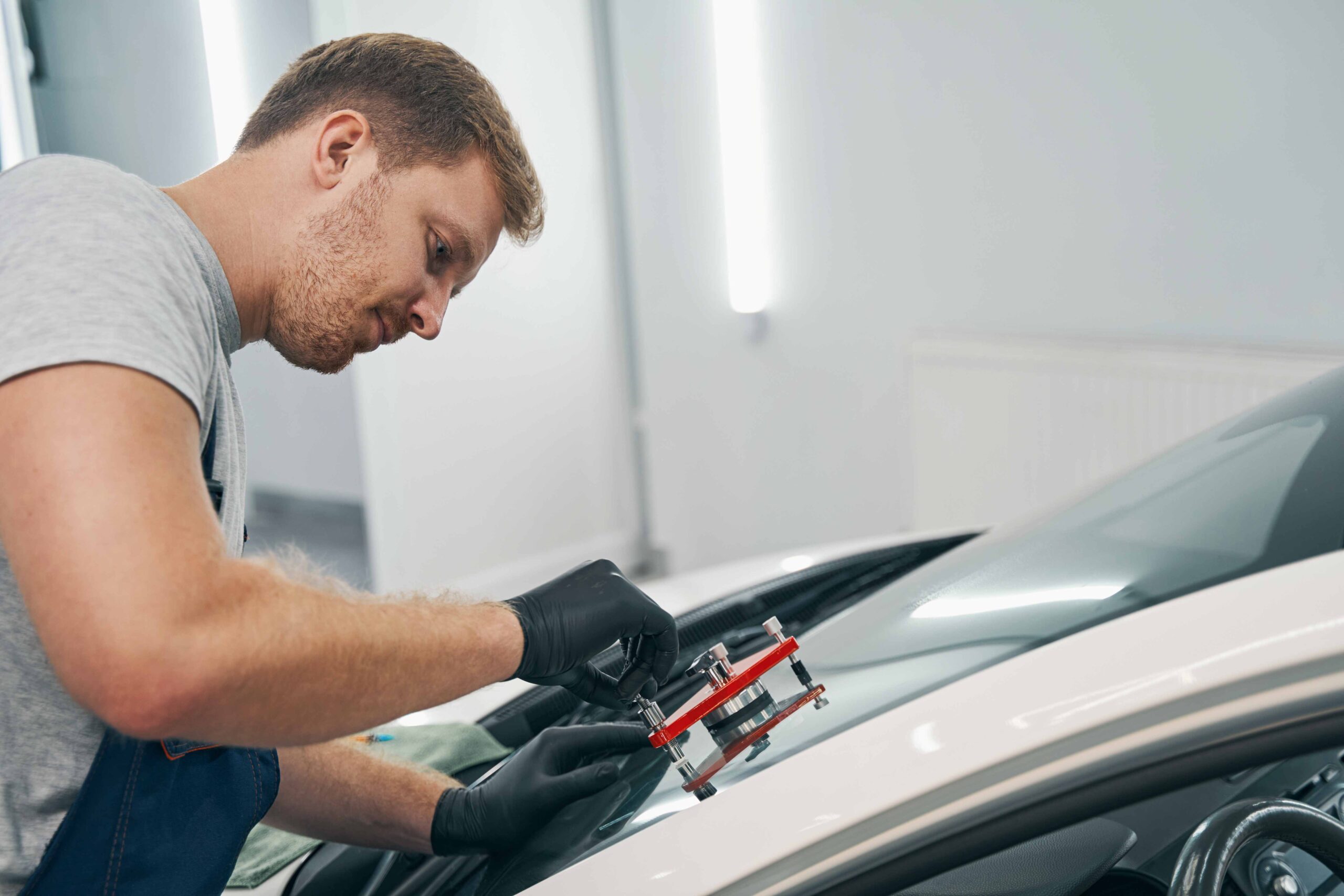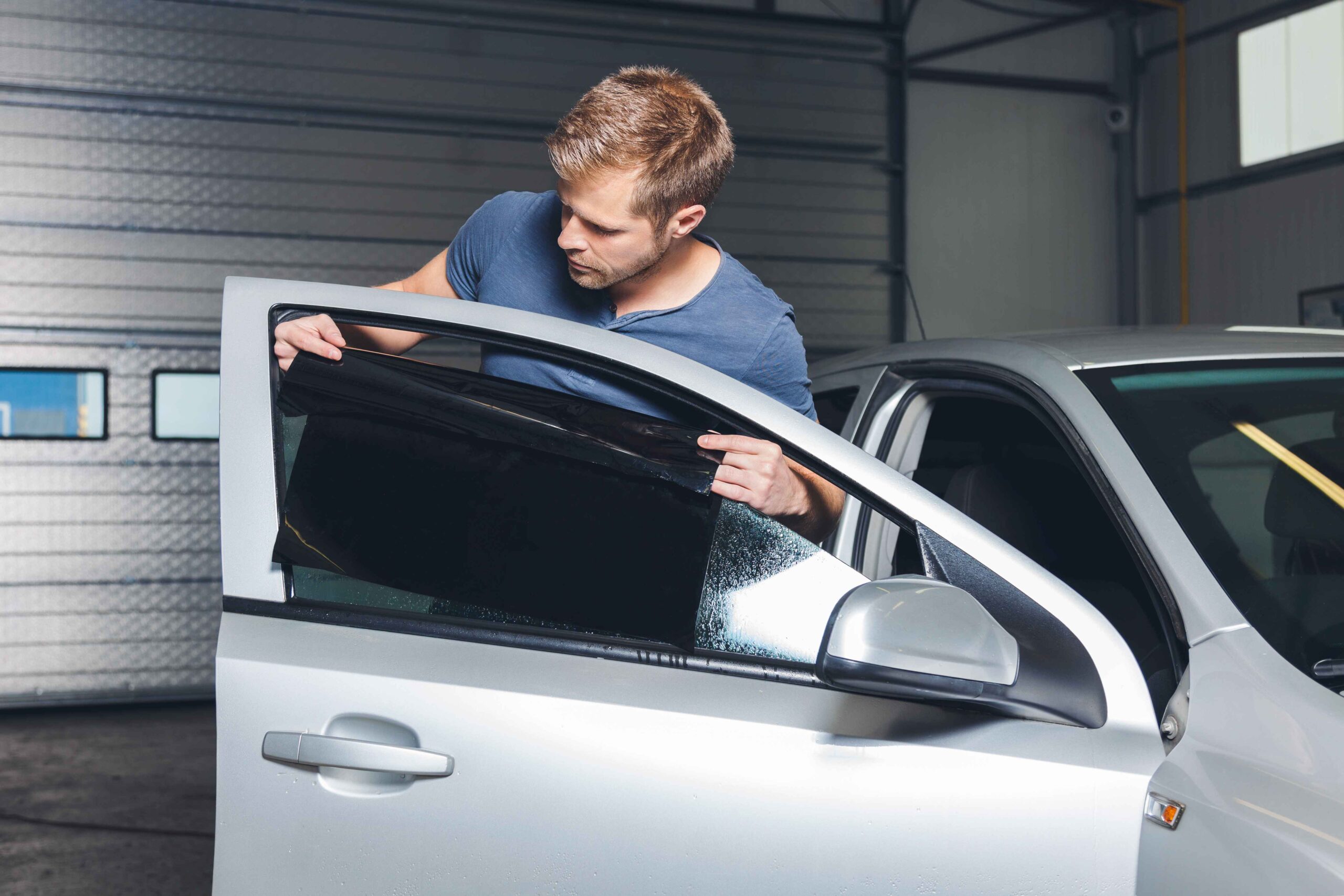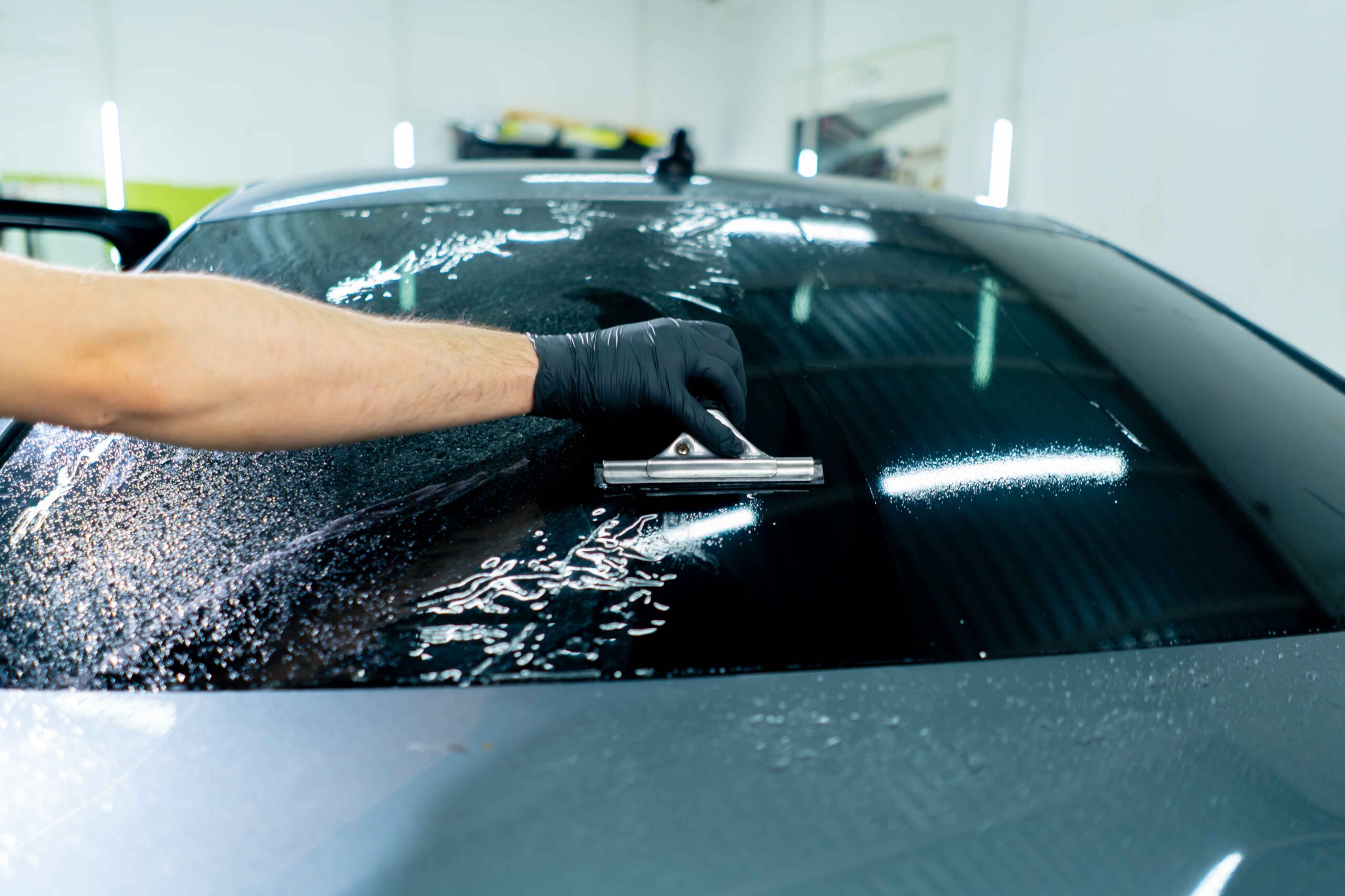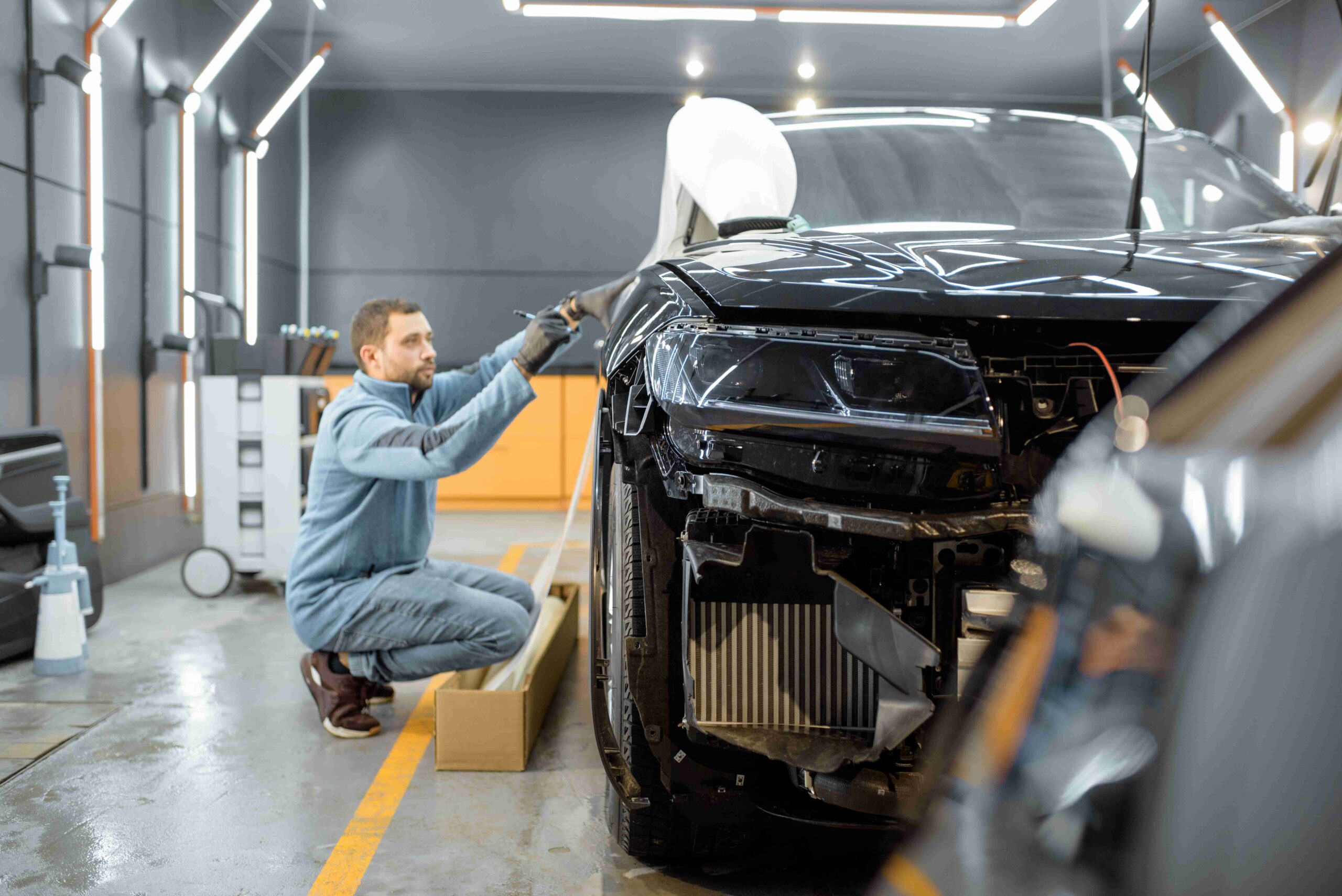Why Choose Atlas Auto Glass in Houston, Texas
When it comes to auto glass repair and replacement, Atlas Auto Glass in Houston, Texas stands out from the competition. Here are several compelling reasons why choosing Atlas Auto Glass is the right decision for your needs.
Expert Auto Glass Repair and Replacement
Atlas Auto Glass specializes in providing expert auto glass repair and replacement services. Their team of trained technicians has the knowledge and experience to handle a wide range of auto glass issues, from minor chips and cracks to complete windshield replacements. With their expertise, you can trust that your vehicle’s glass will be repaired or replaced to the highest standards of quality and safety.
Reliable and Timely Service
At Atlas Auto Glass, reliability and timeliness are at the forefront of their service. They understand the inconvenience and potential safety risks that come with damaged auto glass. That’s why they strive to provide prompt and efficient service to get you back on the road as quickly as possible. Their commitment to customer satisfaction means you can rely on them to deliver the service you need when you need it.
High-Quality Materials and Equipment
When it comes to auto glass repair and replacement, the quality of materials and equipment matters. Atlas Auto Glass uses high-quality materials that meet or exceed industry standards, ensuring the durability and longevity of the repaired or replaced glass. Additionally, they employ state-of-the-art equipment and techniques to ensure precision and accuracy in their work. This attention to detail sets them apart in delivering exceptional results.
Competitive Pricing
Affordability without compromising on quality is another reason to choose Atlas Auto Glass. They understand that auto glass repair and replacement can be an unexpected expense, so they strive to offer competitive pricing for their services. By providing transparent and fair pricing, they ensure that you receive the best value for your money without sacrificing quality or safety.
By choosing Atlas Auto Glass in Houston, Texas, you can expect expert auto glass repair and replacement, reliable and timely service, high-quality materials and equipment, and competitive pricing. When it comes to your vehicle’s glass, trust the professionals at Atlas Auto Glass to provide the top-notch service you deserve.
Importance of Vehicle Calibration Services
When it comes to vehicle safety and performance, calibration plays a crucial role in the automotive industry. Understanding the significance of calibration, especially in advanced driver assistance systems (ADAS), is essential for ensuring accuracy and safety on the road. Vehicle calibration services require specialized equipment and trained technicians to align sensors, cameras, and other components to ensure accurate readings and proper functioning of ADAS.
Understanding Calibration in the Automotive Industry
Calibration is the process of adjusting and fine-tuning the settings of various vehicle components to ensure accurate measurements and optimal performance. It is important because it helps ensure accurate measurements, which are foundational to the quality, safety, and innovation of most products and services (Fluke Calibration). In the automotive industry, calibration is necessary for equipment used in critical measurements that make safety tests or determine if a manufactured product meets requirements (Fluke Calibration). By calibrating equipment, manufacturers can reduce errors, improve efficiency, and produce quality products with reduced recalls (Fluke Calibration).
The Role of Calibration in Advanced Driver Assistance Systems (ADAS)
Advanced Driver Assistance Systems (ADAS) rely on sensors and cameras to provide crucial information for safe driving. These systems, including lane departure warning, adaptive cruise control, and automatic emergency braking, require precise calibration to work correctly (Source). Calibration ensures that the sensors and cameras are accurately detecting and interpreting data, allowing ADAS to function as intended and provide accurate readings.
Ensuring Accuracy and Safety with Calibration
Proper calibration is essential for accuracy and safety on the road. Improper calibration of ADAS systems can lead to inaccurate readings and potentially dangerous situations. By aligning the sensors, cameras, and other components, vehicle calibration services ensure that these systems are performing optimally and providing accurate information to the driver. This accuracy is crucial for the effectiveness of ADAS, as it impacts features such as collision detection, automatic braking, and lane keeping assistance.
Specialized Equipment and Trained Technicians
Vehicle calibration services require specialized equipment and trained technicians to perform the necessary adjustments and alignments. These professionals have the knowledge and expertise to calibrate the various components of the vehicle accurately. By utilizing specialized tools and equipment, they ensure that the calibration process is done correctly, maintaining the accuracy and safety of the vehicle’s systems.
In conclusion, vehicle calibration services play a vital role in the automotive industry, particularly in ensuring the proper functioning of advanced driver assistance systems (ADAS). Calibration is necessary to achieve accurate readings and optimal performance, enhancing overall safety on the road. By relying on specialized equipment and trained technicians, vehicle calibration services help maintain accuracy, reliability, and safety in vehicles equipped with ADAS.
The Impact of Improper Calibration
Proper calibration of Advanced Driver Assistance Systems (ADAS) is essential for the accurate and safe functioning of these crucial automotive systems. Failure to perform calibration or improper calibration can lead to serious consequences, compromising vehicle safety and putting drivers and passengers at risk.
Potential Dangers of Misaligned ADAS Systems
Misaligned ADAS systems can pose significant dangers on the road. When the sensors and cameras that make up the ADAS are not properly calibrated, they may provide inaccurate readings and information to the system. This can result in incorrect judgments and responses from the ADAS, impacting critical safety features such as collision warning, emergency braking, and lane-keeping assistance.
In situations where the ADAS misinterprets data or fails to detect potential hazards accurately, it may not provide the necessary alerts or interventions to prevent accidents. This can lead to a higher risk of collisions, especially in scenarios where quick reactions are required.
Risks of Inaccurate Readings
Inaccurate readings from improperly calibrated ADAS systems can lead to various risks on the road. The ADAS relies on precise measurements and data to assess the vehicle’s surroundings and make informed decisions. When calibration is off, the readings may be skewed, leading to incorrect assessments of distances, speeds, and potential obstacles.
For example, if the adaptive cruise control system is not calibrated correctly, it may not accurately detect the distance between vehicles, potentially leading to unsafe following distances or abrupt braking. Similarly, lane departure warning systems that are improperly calibrated may not provide timely alerts when a driver unintentionally drifts out of their lane.
Compromised Vehicle Safety
The overall safety of the vehicle can be compromised when ADAS systems are not properly calibrated. These systems play a vital role in assisting drivers and enhancing vehicle safety. When calibration is neglected or performed inadequately, the ADAS may not function as intended, potentially reducing the effectiveness of safety features and increasing the risk of accidents.
To ensure optimal vehicle safety, it is crucial to address any calibration issues promptly and seek professional vehicle calibration services when necessary. By doing so, drivers can regain confidence in their vehicle’s safety systems and trust that the ADAS will provide accurate and reliable assistance when needed.
Understanding the potential dangers, risks, and compromises associated with improper calibration underscores the importance of regular calibration for ADAS systems. Properly calibrated systems contribute to enhanced vehicle safety, accurate readings, and optimal performance of advanced safety features.
In the next section, we will explore the situations when it’s necessary to consider vehicle calibration services to ensure the proper functioning of ADAS systems.
When to Consider Vehicle Calibration Services
To ensure the proper functioning of your vehicle’s advanced driver assistance systems (ADAS) and maintain optimal safety, it’s important to consider vehicle calibration services in specific situations. These include:
After Windshield Replacement or Repair
If your vehicle has undergone windshield replacement or repair, it is crucial to consider calibration services. The ADAS components, such as sensors and cameras, are often integrated into the windshield. When the windshield is replaced or repaired, the alignment and calibration of these components may be affected. Calibration is necessary to ensure the systems are functioning correctly and to avoid potential issues such as inaccurate readings, false alarms, or complete failure of the ADAS systems (NuVision Auto Glass).
Collision or Accident Involving ADAS Components
In the unfortunate event of a collision or accident that involves the ADAS components of your vehicle, calibration services should be considered. ADAS sensors and cameras can be easily misaligned or damaged during an accident. Calibration is necessary to realign and recalibrate these components to their proper positions, ensuring accurate and reliable functionality of the ADAS systems (Body Shop Business).
Misalignment or Calibration Issues
If you notice any signs of misalignment or calibration issues with your ADAS systems, it’s important to promptly consider vehicle calibration services. Signs of misalignment may include the ADAS systems not functioning as expected, false alarms, or warning lights indicating a problem. Calibration will help realign the sensors and cameras, ensuring accurate readings and optimal performance of the ADAS systems (Zenith Auto Glass).
By considering vehicle calibration services in these specific situations, you can ensure that your ADAS systems are functioning accurately and effectively. It’s important to note that many vehicle manufacturers require calibration of ADAS systems after windshield replacement to maintain warranty coverage and ensure the proper functioning of the systems (NuVision Auto Glass). Choosing a professional service provider, such as Atlas Auto Glass in Houston, Texas, will ensure that the calibration is performed by trained technicians using specialized equipment, complying with manufacturer requirements, and maintaining warranty and liability coverage (auto glass replacement).
The Process of Vehicle Calibration
When it comes to vehicle calibration, there are several important aspects to consider. Understanding the process and the terminology involved can help ensure accurate and effective calibration. Let’s explore the key elements of the vehicle calibration process.
Static and Dynamic Calibration
There are two main types of calibration: static and dynamic. Static calibration is performed in the shop when the vehicle is stationary, while dynamic calibration is done on the road while driving the vehicle. These calibration methods are used to teach the sensors their location in relation to the vehicle and where to focus their readings.
OEM Repair Information and Terminology
OEM repair information plays a crucial role in the calibration process. It provides specific instructions and procedures for calibration. However, it’s important to note that different manufacturers may use different terminology. For example, OEM repair information may use words such as initialization or relearn instead of calibration. It is essential to carefully read the procedure to understand the specific actions being taken.
Scan Tools and Diagnostic Trouble Codes (DTCs)
Scan tools are an essential part of the calibration process. They are used to communicate with the vehicle’s electronic systems and sensors. However, it’s important to understand that simply hooking a scan tool to the vehicle and clearing diagnostic trouble codes (DTCs) or transferring memory from an old module to a new one is not considered calibration. Calibration involves specific procedures to ensure accurate sensor readings and system functionality (Source).
Programming and Additional Repairs
In some cases, the replacement of certain electronic components may require programming. This is an important step in the calibration process, even if it is not explicitly listed as calibration. It ensures that the new component is properly configured and integrated into the vehicle’s systems. It’s worth noting that additional research may be necessary to determine if specific repairs require calibration or programming.
Understanding the process of vehicle calibration is essential for ensuring accurate and reliable results. By following the manufacturer’s instructions, utilizing the appropriate tools, and being aware of the specific terminology, technicians can effectively calibrate the vehicle’s systems and sensors.
In the next section, we will explore the benefits of regular calibration, including optimizing fuel efficiency, meeting industry standards, enhancing performance and safety, and achieving cost savings. Stay tuned to learn more about the advantages of professional vehicle calibration services.
Benefits of Regular Calibration
Regular calibration of vehicle systems and components offers several important benefits, ranging from optimizing fuel efficiency to meeting industry standards and enhancing overall performance and safety standards.
Optimizing Fuel Efficiency and Reducing Emissions
One of the significant advantages of regular calibration is the potential to optimize fuel efficiency and reduce emissions. Calibration ensures that vehicle systems, such as the engine and fuel injection, are operating at their optimal levels, resulting in improved combustion efficiency and reduced fuel consumption. By optimizing fuel efficiency, drivers can save on fuel costs and contribute to environmental sustainability. Regular calibration plays a vital role in maintaining the vehicle’s performance and minimizing its carbon footprint.
Meeting Industry Standards and Regulatory Requirements
Calibration is essential for meeting industry standards and regulatory requirements in the automotive sector. Organizations like ISO and the Environmental Protection Agency (EPA) set specific guidelines and standards for vehicle performance, emissions, and safety. Regular calibration ensures that vehicles comply with these standards and regulations, both during manufacturing and throughout their lifespan. By adhering to these requirements, manufacturers and vehicle owners can ensure that their vehicles meet the necessary quality and safety benchmarks.
Enhancing Overall Performance and Safety Standards
Proper calibration enhances the overall performance and safety standards of vehicles. Calibration of various systems, such as brakes, suspension, and electronic components, helps maintain their accuracy and reliability. This ensures that the vehicle operates smoothly and safely, minimizing the risk of accidents or system failures. Calibration also plays a crucial role in Advanced Driver Assistance Systems (ADAS), contributing to the accurate functioning of features like lane departure warning and adaptive cruise control. By ensuring the precise calibration of these systems, drivers can rely on their vehicles for enhanced safety and performance.
Cost Savings and Improved Environmental Performance
Regular calibration can lead to cost savings and improved environmental performance. By maintaining accurate calibration, manufacturers can reduce production errors and recalls, resulting in cost savings and increased profitability. Calibration also contributes to efficient equipment lifespan and reduces the risk of premature component failure. Moreover, calibration services help improve the efficiency and effectiveness of emissions testing processes, leading to cost savings and improved environmental performance (Energy5). By investing in regular calibration, individuals and organizations can achieve long-term cost savings, minimize downtime, and improve their environmental footprint.
In summary, regular calibration of vehicle systems and components brings numerous benefits. It optimizes fuel efficiency, ensures compliance with industry standards and regulatory requirements, enhances overall performance and safety standards, and offers cost savings and improved environmental performance. By prioritizing calibration, vehicle owners can enjoy a range of advantages, from financial savings to environmental sustainability and increased peace of mind.
Choosing Professional Vehicle Calibration Services
When it comes to vehicle calibration services, it’s essential to choose professionals who have the expertise and resources to ensure the accuracy and safety of your vehicle’s advanced driver assistance systems (ADAS). Here are some key factors to consider when selecting a provider:
Specialized Knowledge and Equipment
Vehicle calibration services require specialized equipment and software to accurately align and calibrate the ADAS systems in vehicles. This process demands trained technicians who are familiar with the specific calibration procedures for different vehicle makes and models. By choosing a service provider with the necessary knowledge and equipment, you can have confidence in the quality of the calibration performed.
Compliance with Manufacturer Requirements
Many vehicle manufacturers have specific requirements for ADAS calibration, especially after windshield replacement. It is crucial to choose a service provider who understands and complies with these requirements. Failure to adhere to manufacturer guidelines may result in voiding the warranty and liability for any issues related to the ADAS systems (NuVision Auto Glass). By opting for a service provider that follows manufacturer recommendations, you can maintain the warranty and ensure the proper functioning of your vehicle’s ADAS systems.
Maintaining Warranty and Liability Coverage
Proper calibration is not only crucial for the performance and accuracy of ADAS systems; it also helps maintain warranty coverage for your vehicle. By having calibration performed by professionals, you can ensure that any potential issues related to the ADAS systems are covered under warranty. Additionally, professional calibration services minimize the risk of liability in case of accidents or malfunctions (NuVision Auto Glass). Choosing a reputable service provider helps protect your warranty and provides peace of mind.
Trained Technicians and Calibration Procedures
ADAS calibration is a precise process that requires expertise and attention to detail. Trained technicians have the knowledge and skills to perform accurate calibration, minimizing the risks associated with misaligned ADAS systems. When selecting a service provider, inquire about the qualifications and training of their technicians. Additionally, ask about their calibration procedures to ensure they follow industry standards and best practices. By choosing professionals with the right expertise and calibration procedures, you can trust that your vehicle’s ADAS systems are properly calibrated.
By considering these factors and choosing a professional vehicle calibration service provider, you can ensure the accurate alignment of your vehicle’s ADAS systems. The expertise, compliance with manufacturer requirements, warranty coverage, and trained technicians provided by professional calibration services offer peace of mind and help maintain the safety standards of your vehicle.

